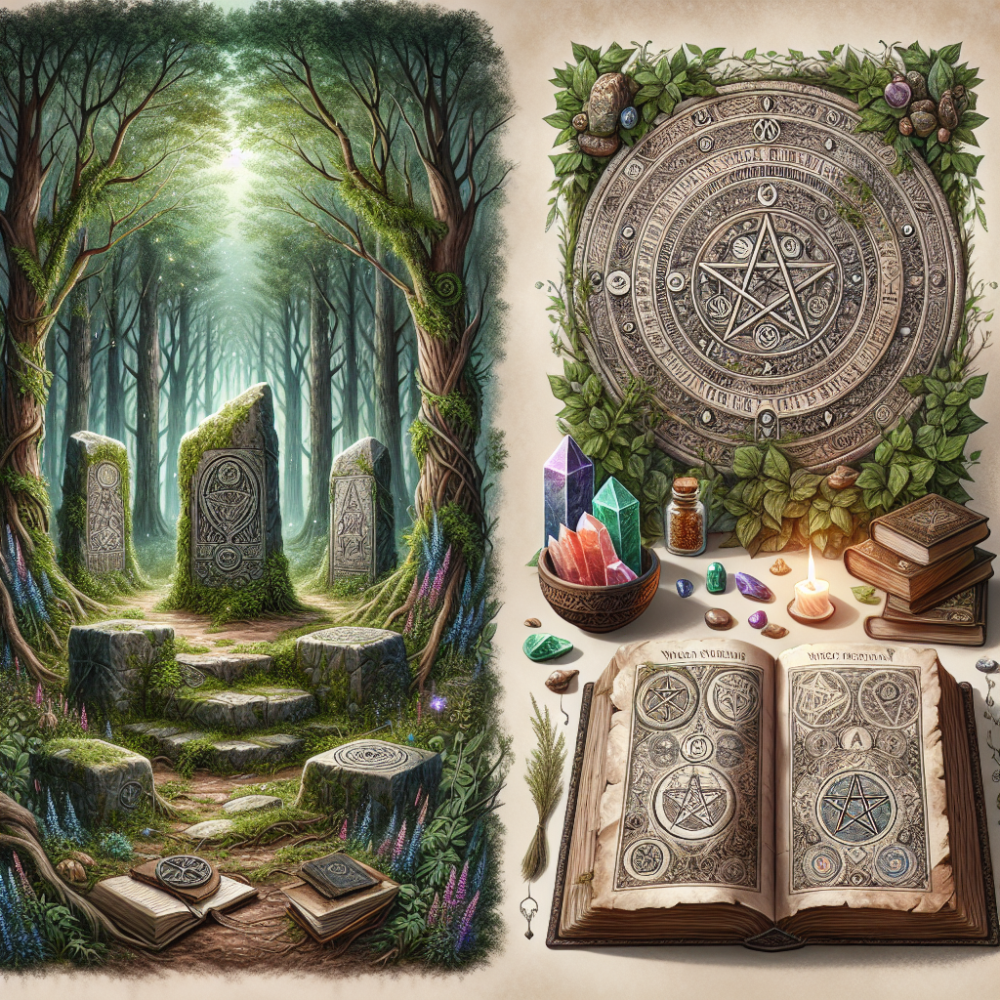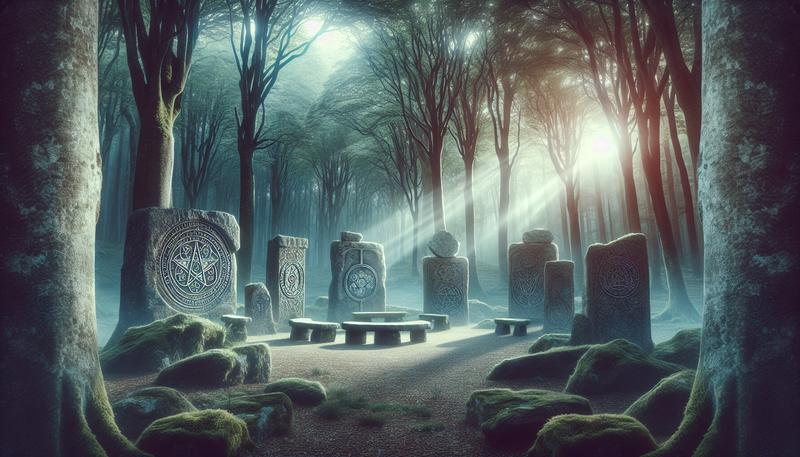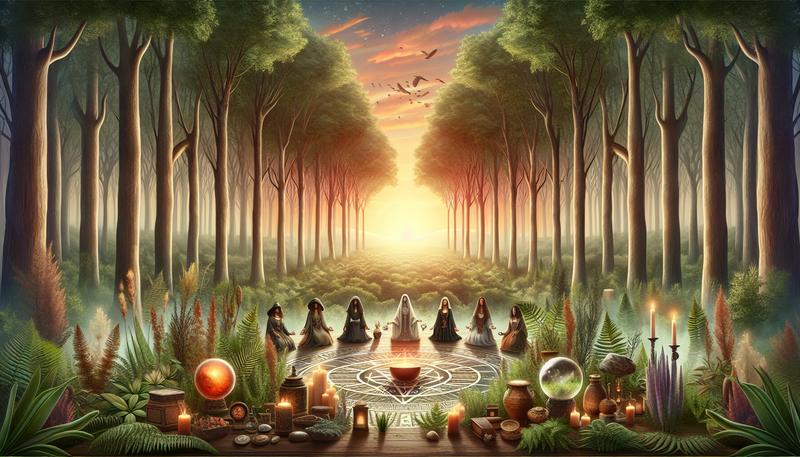Understanding the Historical Roots of Wiccan Origins
Wicca, a modern pagan religion, has often been the subject of fascination and curiosity. Many people wonder where it all began and how it has evolved over time. In this post, we’ll dive into the historical roots of Wiccan origins and explore how this beautiful spiritual practice has transformed. This exploration can deepen our understanding and appreciation for Wicca as a whole.
The origins of Wicca can be traced back to various ancient practices and beliefs. It draws from European folklore, ancient pagan traditions, and the mystical art of witchcraft. Often, Wicca is linked to the pre-Christian beliefs of the Celts, who honored nature and its cycles. They believed in various gods and goddesses, each representing different aspects of life and nature. This reverence for nature laid the groundwork for what we recognize as Wicca today.
However, the term “Wicca” itself is relatively recent. It was popularized in the mid-20th century, mainly through the works of figures like Gerald Gardner, who is known as the father of modern Wicca. Gardner introduced many elements to the craft—such as rituals, the use of a Book of Shadows, and the practice of circle casting—that are now integral to Wiccan traditions.

As Wicca began to take shape, it also adapted elements from other philosophies and religions. This includes aspects of Eastern spirituality, Western occult traditions, and ceremonial magic. These influences helped Wicca grow into a diverse practice that varies from one practitioner to another. This adaptability is part of what makes Wicca so appealing today—its ability to integrate and evolve.
It’s also essential to acknowledge the significant role of female figures in Wiccan history. Many see the goddess as a central element in Wiccan belief systems. This emphasis on the divine feminine has allowed women to reclaim power and agency within spiritual contexts historically dominated by patriarchal systems. Wicca can be a path of empowerment, inviting us to honor both the masculine and feminine principles of divinity.
If you’re new to Wicca or looking to understand its ethics, I highly recommend checking out this article on A Wholesome Guide to Understand Wiccan Ethics. It provides a solid foundation for how ethical practices intertwine with Wiccan beliefs.
As Wicca moves into the future, it continues to embrace new ideas and practices while honoring its historical roots. This evolution reflects the ever-changing nature of spirituality. Understanding these historical contexts can provide deeper insight into our practices today.
What are your thoughts on the history of Wicca? Do you find any aspects particularly intriguing? Please feel free to share your comments and insights below!


